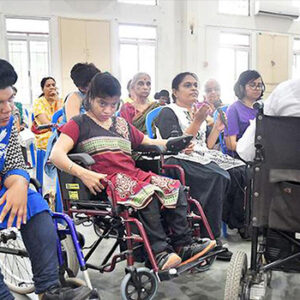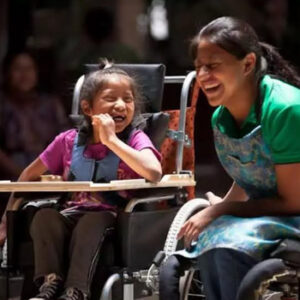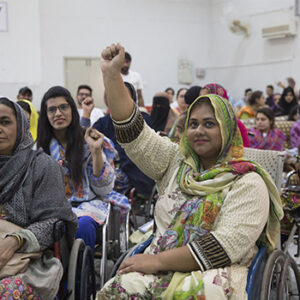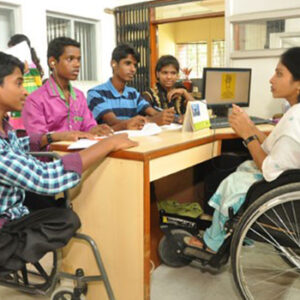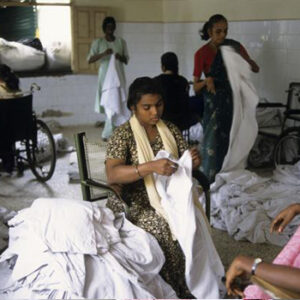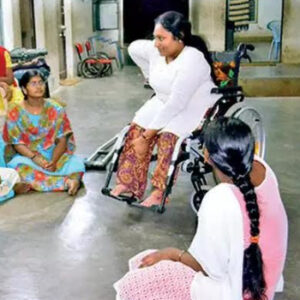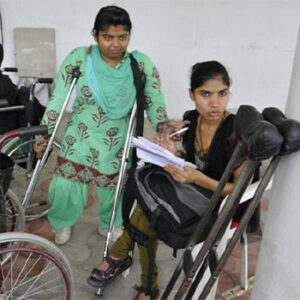Adolescent Health
Comprehensive sexual education (CSE)
Comprehensive sexuality education is a rights-based and gender-transformative approach, whether in school or outside of school. It is most effective when comprehensive sexuality education is taught over several years by integrating age-appropriate information that accounts for the developing capacities of young people.
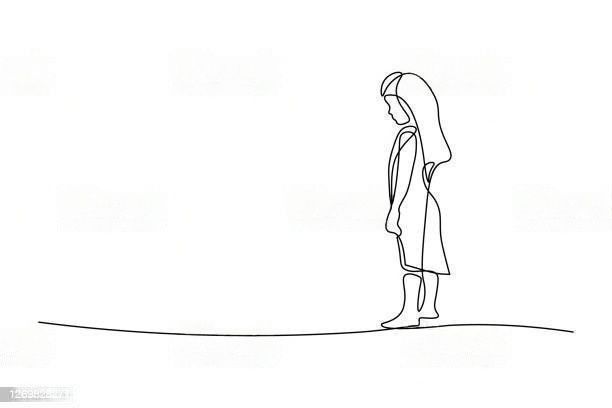
Why are changes taking place in my body? Is this normal?

Should I speak to my neighbor boy?
(Opposite sex)
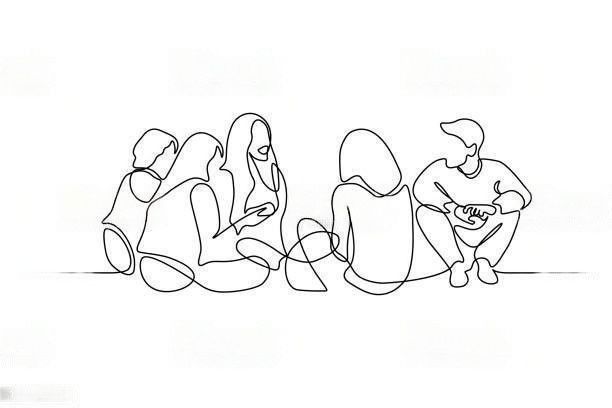
Where can I get answers to these questions? Helplife Peer Groups for healthy discussion
Comprehensive sexuality education should recognize the unique needs of learners, especially vulnerable youth groups – such as LGBTQ+ youth, youth living with disabilities, young people in humanitarian settings, young people who use drugs, young people living with HIV, and young transgender people – and should be tailored to reflect their realities.
The key components of the education program are:
- Relationships
- Values & Rights
- Culture and Sexuality
- Understanding Gender
- Violence and Staying Safe
- Skills for Health and Wellbeing
- The Human Body and Development
- Sexuality and Sexual Behavior
- Sexual and Reproductive Health
Reproductive Health
Life skills Program
Helplife program on Menstrual Health in 2015-2016, a project sponsored and mentored by Social Venture Partners (SVP) and supported by Gits Food Products Pvt Ltd. Entitled, “A Happier Menses: Sanitary Napkins Manufacturing Unit”.
The objective of the project was the provision of low cost, bio-degradable sanitary pads to the community.
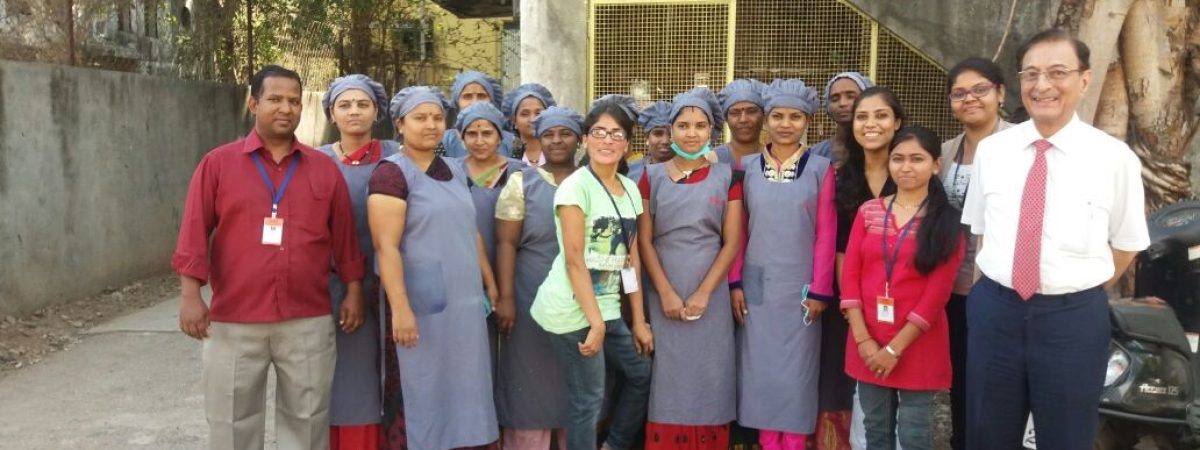
This project impacted the lives of the twelve women, who would otherwise have not been employed due to their illiteracy, family issues – and also addressed the reproductive health needs of women and adolescent girls who because of wrongful menstrual practices suffered from reproductive tract infections and often drop out of school.

Key findings of this innovative program
- There is a need for the regular source of income for these underprivileged women
- There is a need for creating awareness of the use of sanitary pads
- Improving living and health conditions of underprivileged women
- There is a need for the provision of low-cost bio-degradable sanitary pads to the community (Eco-friendly).
The research on developing low-cost sanitary napkins is on-going, and evidence is being created on hygiene during menstruation especially for the adolescent girls.
